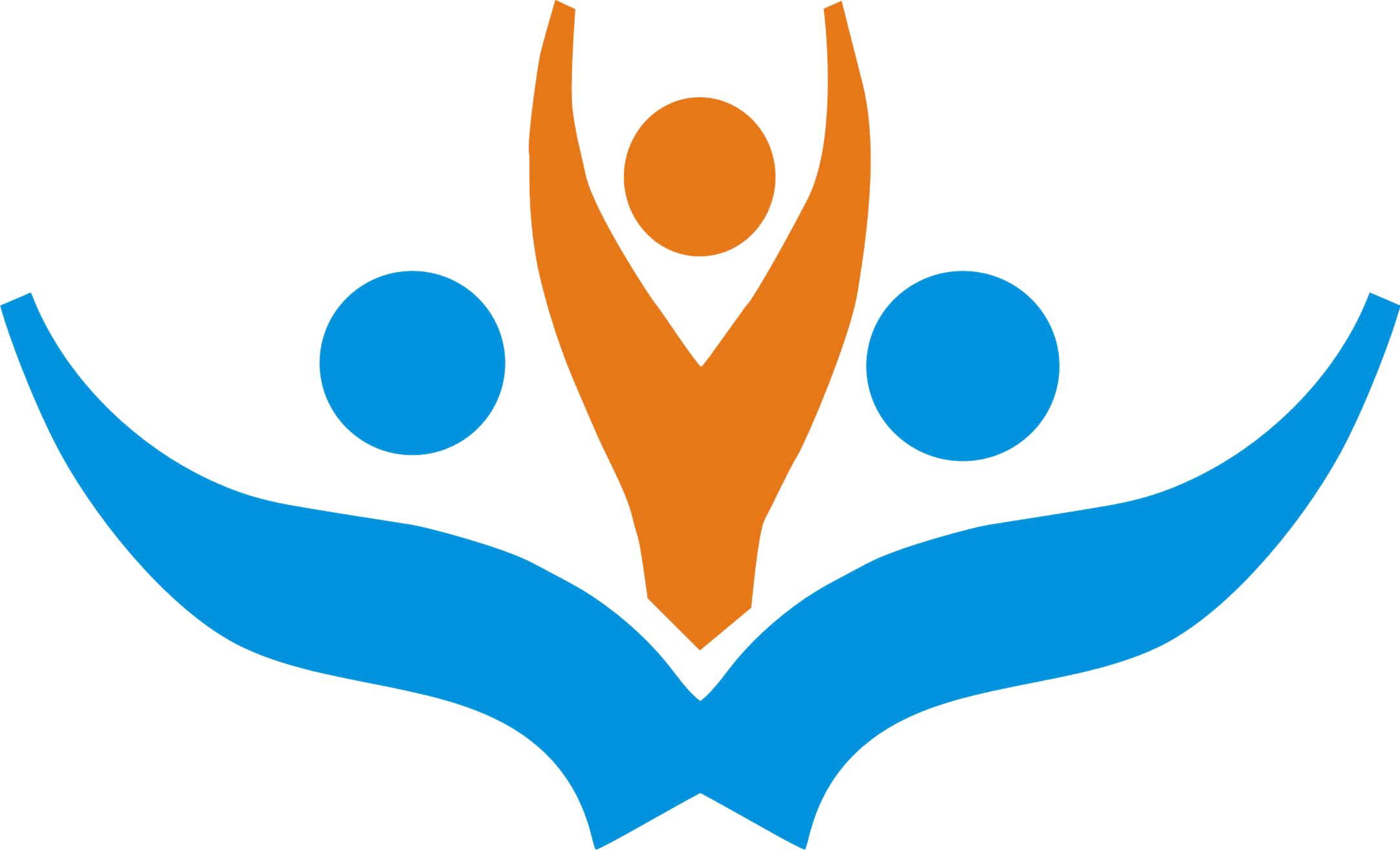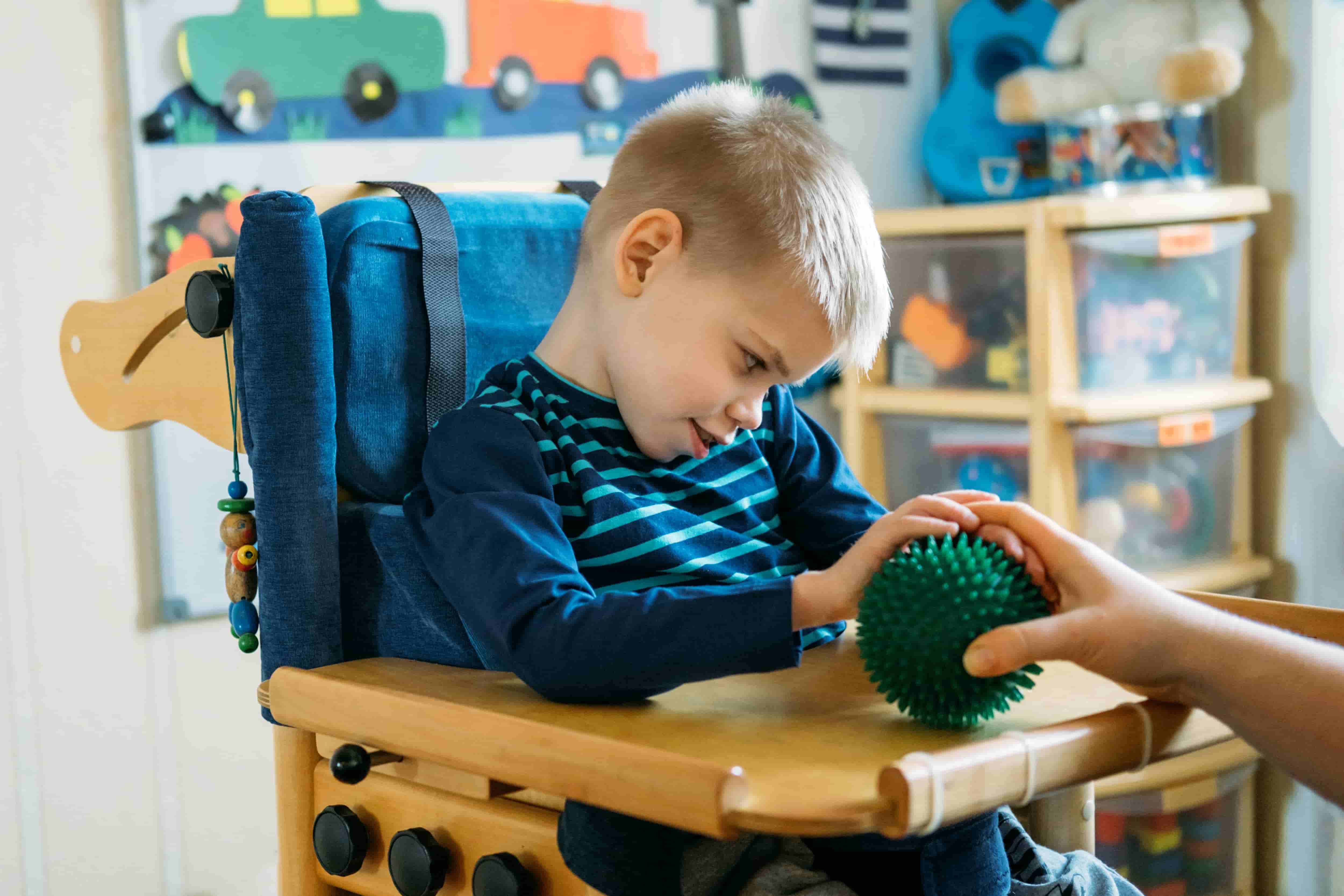
How Early Intervention Can Help Children and Young People with Developmental Delays
Raising a child or children requiring special needs is sometimes a lonely journey and it’s really hard to understand what parents and families of a child with developmental delays go through daily. Most of the time parents of such children sail through the bad days, and the best they hope is that better days are around the corner.
We have learned a lot about early intervention in the past 2-3 decades so much so that we can plainly compose a catalog book on what is on offer and how the number of various therapies and treatments can all have a huge influence in a child’s recovery.
Early intervention is great for children with developmental delays since it exploits the very versatile elements of the developing brain also known as the process of neuroplasticity, making new neural connections around the areas of damage through repetition to deliver a muscle memory of the right pattern to improve motor function.
The earlier to begin the better, the greatest gain in early intervention is inside the initial five years of a child’s life with developmental delays, but it can continue well into retirement. A key element of early intervention to be effective is consistency. These children have to learn a new neural pathway and we need to continue to remind them until that new path is working and is here to stay.
Cultivating strong social and emotional skills gives a significant protective variable against the risk of long-term wellbeing. For example, cognitive abilities, social and emotional skills can be inculcated through childhood, adolescence and beyond. There are clear possibilities for early intervention to improve social and emotional skills before children start school and during the school years.
Majority of children outgrow aggressive and resistant behavior by the time they are three, but few of them will continue to behave aggressively as they enter school. Behavioral problems identified in early childhood can indicate a variety of difficulties to come as the children grow older which includes family breakdown, mental health issues, academic failure, antisocial and criminal activity in adolescence and adulthood, higher rates of hospitalization and mortality, substance abuse and intergenerational transmission of behavior issues to children.
Early intervention helps children with developmental delays, and the strategies used for each of these issues vary. The extent of harm a child is vulnerable to suffering will also affect the strategies that are utilized to improve their circumstances.
To begin with, the child should be identified as vulnerable to any of these issues. This may be done by a family member, healthcare professional, teacher, social worker or someone who’s worried about their wellbeing. Safeguarding procedures should also be followed to find out whether there is any serious and inescapable risk of harm to them.
In the event of a child’s home environment is seriously jeopardizing them, one strategy can be to offer the parents additional emotional or financial support. Local childcare services can also be used so that a child who’s at risk is spending lesser time at home and is taken care of in a safe environment.
School programs or group projects may likewise be utilized as an early intervention strategy, especially with teenagers. These can assist and offer support on positive mental being, provide shared support systems and also ensure that a child at risk isn’t spending time in toxic environments.
Early intervention improves the quality of life of people with developmental delays from a very early age. To say the least, early intervention is a truth of essentially extraordinary triviality. That’s what it expresses if you tackle issues early enough, you will improve the child’s quality of life. Experts who work with families where there is suspected neglect and abuse, self-harm or just unremitting hardship will validate the intricacy of recognizing issues early and providing the best intervention at the appropriate time.
At Chetna Foundation, our mission is to ensure all children with developmental delays can reach their best potential.
| Tweet |





